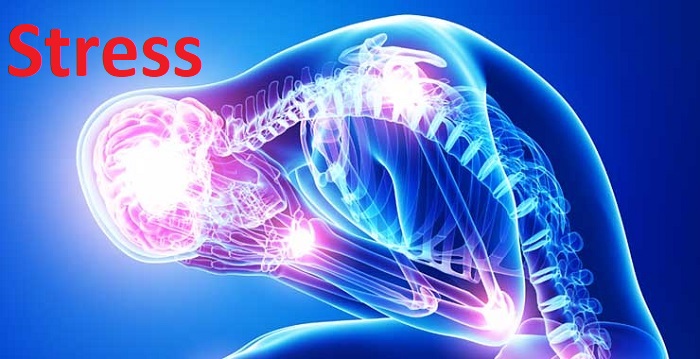In the modern world, stress has become an inseparable part of our lives, affecting individuals across all walks of life. From the demands of work and personal responsibilities to societal pressures, the sources of stress are diverse and ubiquitous. While stress is often seen as an emotional response, its impact goes far beyond mere feelings. Stress triggers a complex cascade of physiological reactions within the body that can have both short-term and long-term consequences on overall health and well-being.
The Nature of Stress
Stress, in its most basic form, is the body’s response to any demand or challenge placed upon it. It’s a survival mechanism that evolved to help our ancestors respond to immediate threats, such as predators or danger. While these threats may have evolved over time, the body’s stress response has remained, adapting to the challenges of the modern world.
Physiological Response to Stress
When faced with a stressful situation, the body activates the “fight or flight” response, which is orchestrated by the sympathetic nervous system. This response triggers a series of physiological changes designed to prepare the body for action. The adrenal glands release stress hormones, primarily cortisol and adrenaline, which initiate a chain reaction of events:
- Increased Heart Rate: Adrenaline causes the heart rate to accelerate, pumping more oxygen-rich blood to the muscles and brain, enhancing alertness and physical readiness.
- Dilated Airways: Airways in the lungs expand, enabling more oxygen intake, which is crucial for heightened physical performance.
- Heightened Senses: The senses become sharper, improving the body’s ability to detect potential threats in the environment.
- Energy Redistribution: Blood is directed away from non-essential functions like digestion towards the muscles and brain, ensuring immediate resources are available for action.
- Suppressed Immune Response: While beneficial in the short term, chronic stress can weaken the immune system’s ability to fight off infections and illnesses.
Long-Term Effects of Chronic Stress
While the stress response is vital for survival in acute situations, chronic stress can have detrimental effects on health. Prolonged exposure to stress hormones can lead to:
- Cardiovascular Issues: Chronic stress contributes to high blood pressure, an increased risk of heart disease, and atherosclerosis (hardening of arteries).
- Mental Health Disorders: Anxiety, depression, and even cognitive decline can be exacerbated by long-term stress, affecting both emotional and cognitive well-being.
- Digestive Problems: Stress can disrupt digestion, leading to issues such as irritable bowel syndrome, indigestion, and ulcers.
- Weight Gain: Stress can lead to overeating or unhealthy eating habits, contributing to weight gain and obesity.
- Sleep Disruptions: Insomnia and sleep disturbances often result from heightened stress levels, creating a vicious cycle that affects overall health.

Managing and Mitigating Stress
Recognizing the profound impact of stress on the body, it’s imperative to adopt effective stress management strategies:
- Physical Activity: Regular exercise releases endorphins, reducing stress hormones and promoting a sense of well-being.
- Mindfulness and Relaxation Techniques: Practices like meditation, deep breathing, and yoga can help calm the mind and lower stress levels.
- Social Support: Connecting with friends, family, or support groups can provide emotional outlets and a sense of belonging.
- Healthy Lifestyle Choices: A balanced diet, adequate sleep, and minimizing stimulants like caffeine and alcohol can contribute to stress reduction.
Conclusion
Stress, once an adaptive mechanism, has become a pervasive challenge in our modern lives. Its physiological effects can profoundly impact the body’s well-being, underscoring the importance of proactive stress management. By understanding the body’s stress response and implementing strategies to mitigate its negative effects, individuals can take control of their physical and mental health, fostering a more balanced and resilient lifestyle.
